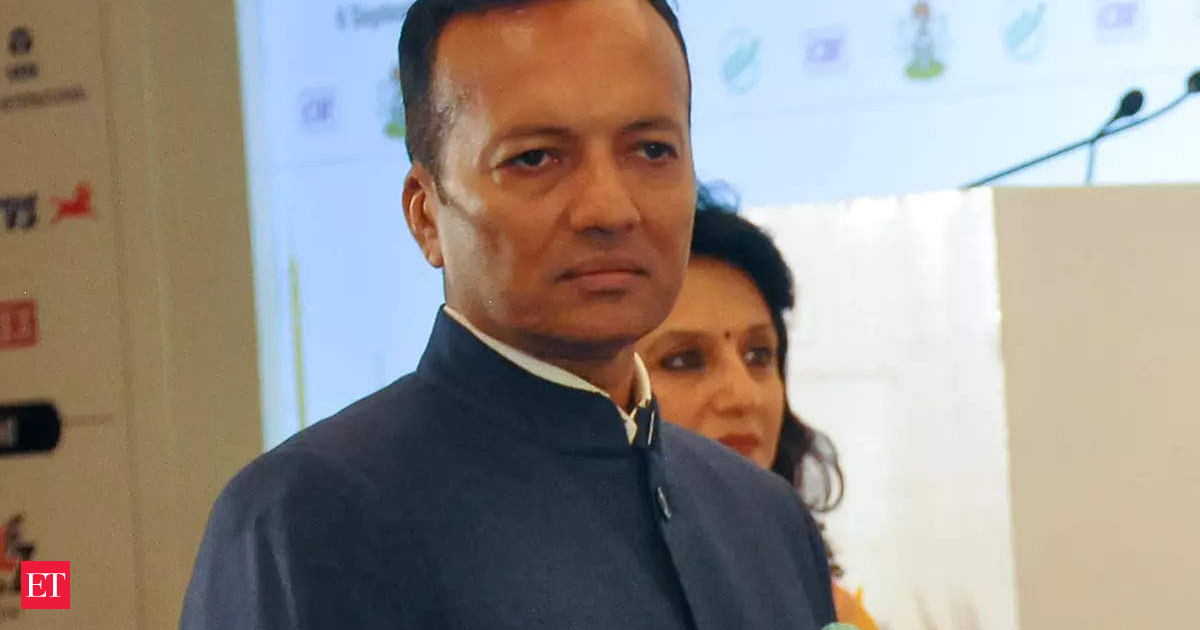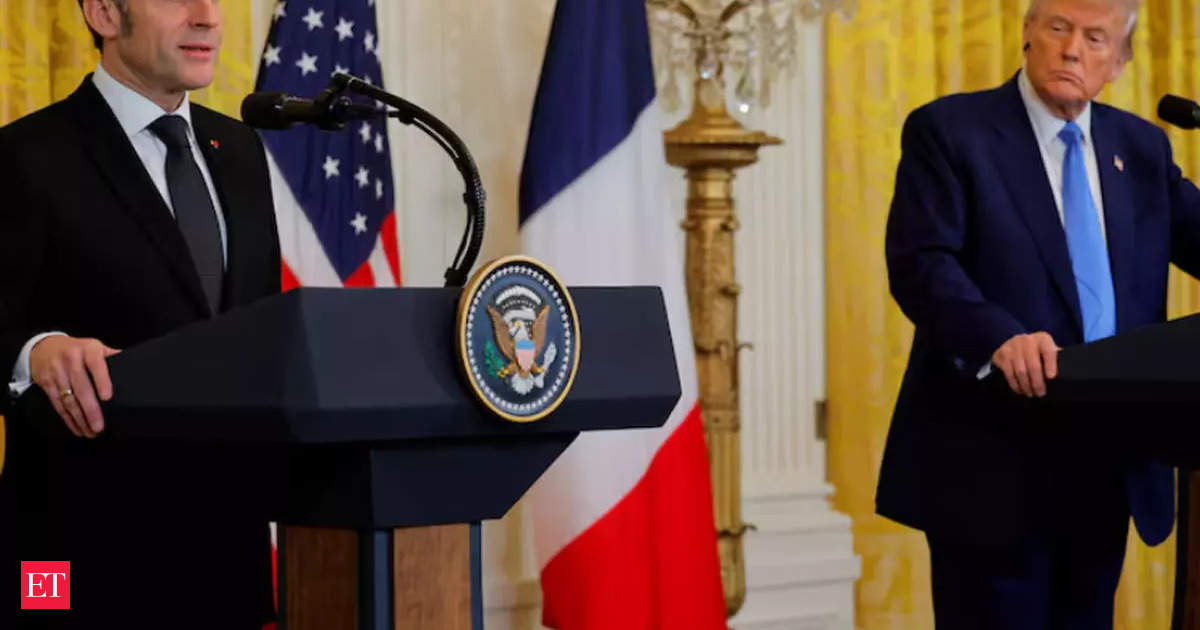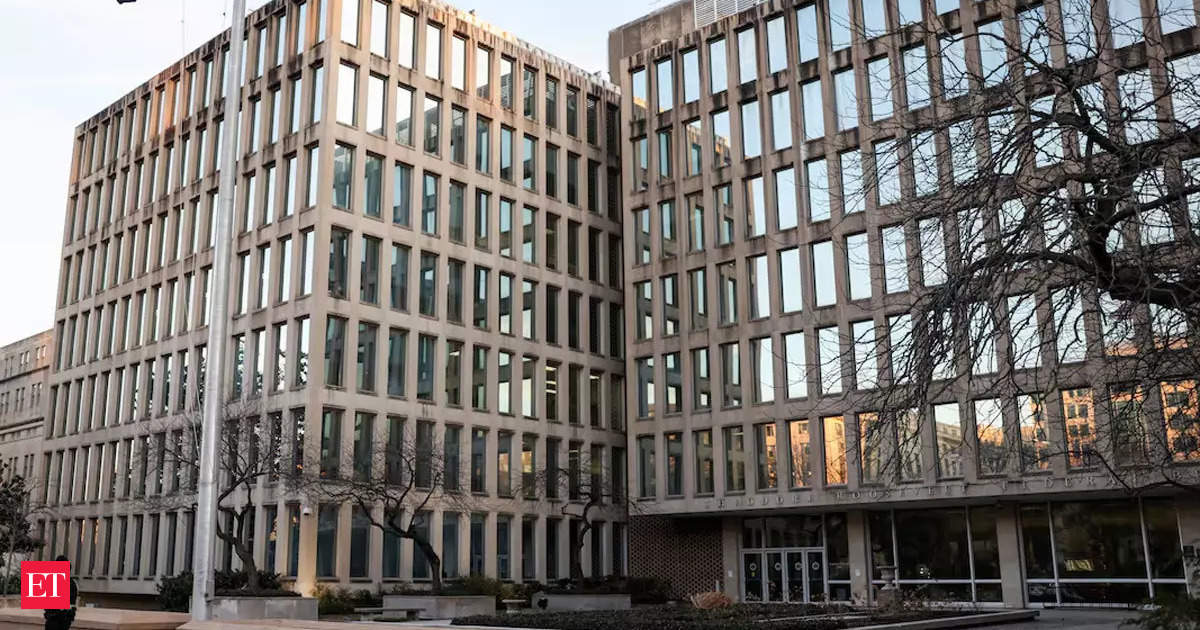Industrialist Naveen Jindal, who was previously associated with the Congress party, has now switched camps and joined the Bharatiya Janata Party (BJP). This move comes just ahead of the upcoming elections and has raised eyebrows in political circles. Jindal, a prominent figure in the business world, brings with him significant influence and resources that could prove to be advantageous for the BJP. His decision to align with the ruling party has sparked speculation about his future role and potential impact on the political landscape.
Jindal’s association with the Congress party dates back to several years. He served as a Member of Parliament for Kurukshetra, Haryana, representing the Congress. However, his decision to switch sides and join the BJP has surprised many, considering his long-term affiliation with the opposition party. The move is seen as a major setback for the Congress, as Jindal’s departure symbolizes the loss of a high-profile member who played a crucial role in the party’s management and decision-making processes.
The reasons behind Jindal’s shift remain largely speculative. It is believed that his decision may have been influenced by several factors, including the BJP’s growing dominance in Haryana and their ability to provide a conducive environment for business and industrial growth. Jindal’s interests lie primarily in the industrial sector, and the BJP’s policies on business and economic development may have been a significant factor in attracting him.
Additionally, Jindal’s move may also be seen as a strategic career move. With the BJP dominating the current political landscape, aligning with the ruling party could potentially open up new opportunities for Jindal. His extensive experience and connections in the business world could prove valuable for the BJP, and this association could enhance his own political career prospects as well.
The impact of Jindal’s decision on the upcoming elections in Haryana remains to be seen. His influence and resources could potentially sway voter sentiment in favor of the BJP. However, it is important to note that political dynamics are complex, and the outcome of elections is determined by a multitude of factors.
As Jindal embraces his new political affiliation, many are keenly observing the potential implications of his move. Will this decision further solidify the BJP’s position in Haryana? How will the Congress respond to the loss of a prominent member? These questions and more will only be answered as the election campaigns progress and the polling day approaches.
In conclusion, Naveen Jindal’s decision to join the BJP has created ripples in the political arena. As an industrialist and former Congress MP, Jindal brings with him significant influence and resources that could have a significant impact on the upcoming elections. His move raises questions about the factors influencing his decision and the consequences it may have on the political landscape of Haryana. Only time will tell how this decision plays out and its long-term implications for all parties involved.











